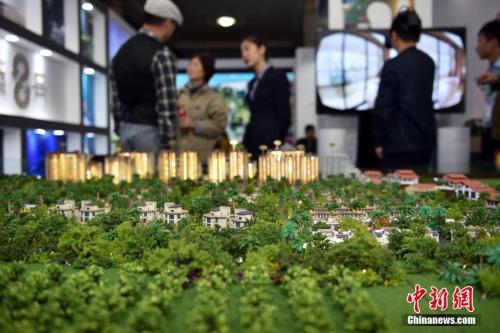
Zhongxin Jingwei Client September 26th (Liu Xueyu) Following the "9.30" property market new policy, a new round of "regulation tide" has been set off nationwide since September 22nd. Within four days, nine cities including Chongqing, Nanchang, Xi ‘an and Wuxi intensively issued purchase restriction policies. What is different from the past is that the regulatory content introduced in many places across the country is mainly "restricted sales". Insiders pointed out that this also means that the regulation of new hot cities will not be relaxed for a long time. In addition, the national provident fund loan policy may be further tightened.
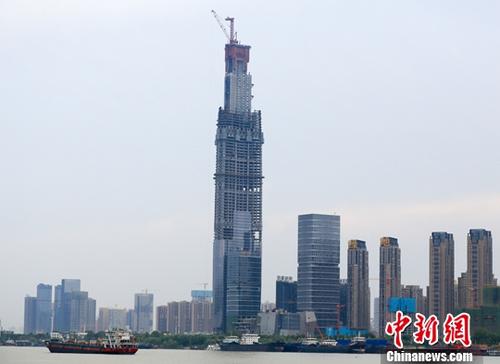
9 cities introduce new real estate policies within 4 days.
In just four days, nine cities including Re, Nanchang, Xi ‘an and Shijiazhuang introduced the purchase restriction policy. Among them, it is noteworthy that Wuxi has issued an "enhanced version" of the purchase restriction order, requiring local people to ban the purchase of the third set of new commercial housing in different regions; Foreigners are restricted to buy a house and need to pay social security in tin for 2 years; The second use of provident fund loans, the down payment ratio is not less than 40%.
"Wuxi’s New Deal has adjusted the provident fund loan policy, which is a very strong signal." Yan Yuejin, research director of think tank center of Yiju Research Institute, told Zhongxin Jingwei client that at present, commercial banks in many parts of the country have begun to tighten their loan policies. In the new policy issued by Wuxi property market, the tightening of provident fund loans means that the provident fund loan policies in many parts of the country have also been further tightened.
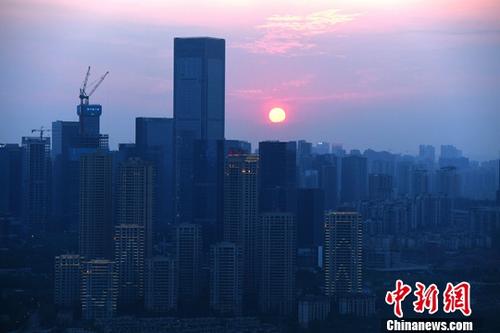
Regulating urban housing price increases ranks high.
At the same time, Yang Hongxu, vice president of Yiju Research Institute, said in an interview with Zhongxin Jingwei client that Wuxi originally only restricted the new housing market, and this new policy restricted the second-hand housing market. "The reason why Wuxi released the new property market policy may be that Wuxi’s housing prices rose significantly in August."
"Most cities that have intensively released regulatory policies in many places across the country are cities with the highest price increase." Zhang Dawei, chief analyst of Zhongyuan Real Estate, summed up the clients of Sino-Singapore Jingwei. For example, Nanchang, Xi ‘an, Changsha and Guiyang were among the top cities in the statistics of residential sales prices in 70 large and medium-sized cities released by the National Bureau of Statistics in August.
"The targets of this round of regulation are all provincial capitals (or municipalities directly under the Central Government), which is a hot city with a new round of rising house prices and rising transaction volume in the near future." Yang Xianling, president of Chain Home Research Institute, analyzed with the client of Zhongxin Jingwei that these regulated cities are still future cities with net population inflow, and the pressure of rising house prices exists objectively to some extent, and the regulation is also in line with the routine.
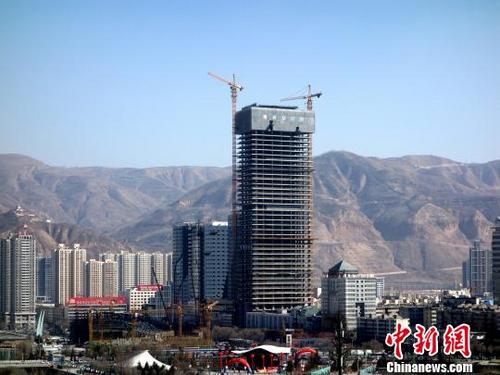
"restricted sales" will lead to a short-term cooling of the market
In addition, the Zhongxin Jingwei client noticed that since September 22, the new policies issued by the national property market are mainly based on the "restricted sales" policy. For example, Nanning’s New Deal requires that the purchase of second and above new houses and second-hand houses be restricted for two years; Nanchang New Deal requires that all indoor new houses and second-hand houses be restricted for 2 years.
Why are the new policies introduced in various places related to "restricted sales"? What impact will "restricted sales" bring? Yang Xianling said that the multi-site control policy is mainly based on "restricted sales", which can cool down the real estate market in a short period of time. However, if we want to achieve results in the long term, we still need a long-term mechanism to stabilize the real estate market for a long time.
Yang Xianling said that this round of regulation is a new round after the "September 30th" New Deal last year and the "March 17th" New Deal this year. The regulation of new hot cities will not be relaxed for a long time, and the government’s determination to curb housing prices will not change.
In the future, other cities will continue to follow up and regulate.
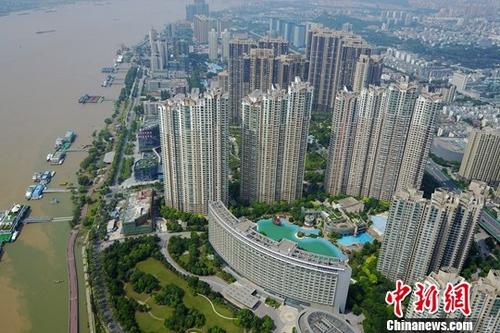
This year, more than 100 cities across the country introduced a new property market policy.
According to the statistics provided by the Central Plains Real Estate Research Center to the Sino-Singapore Jingwei client, so far this year, more than 100 cities (above the county level) have issued more than 150 measures related to real estate regulation. In Beijing alone, more than 20 new policies have been issued. At the same time, 15 hot cities across the country have issued more than four real estate control policies.
Zhang Dawei said that this year’s real estate regulation and control policy has fundamentally changed from previous years. In the past, the policy regulation and control was "ex post facto control", but this year’s real estate regulation and control was more "expected control". On the premise of no unstable factors in the real estate market, the new policy was released in advance, which was more effective than the real estate regulation and control measures in previous years.
关于作者